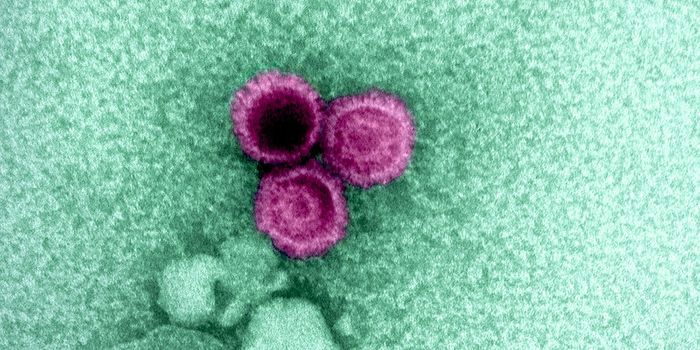Choline: A Key Nutrient Lacking in Plant-Based Diets
Dietary trends are consistently changing. However, the shift to plant-based or vegan diets is gaining momentum for health-based and planet-friendly reasons. While this shift is commendable in its own right, it is important to ensure that whatever diet you’re choosing provides your entire body with the fuel it needs to operate effectively.
Dr. Emma Derbyshire, a Registered Public Health Nutritionist with the U.K. organization Nutritional Insight, recently published an article in the British Medical Journal’s Nutrition, Prevention, and Health expressing her science-based concerns about a key nutrient that plant-based diets lack—choline. According to her article, choline is an essential nutrient for the human body, but the body does not produce enough choline on its own. Ample amounts of choline must come from dietary or supplemental sources.
Dietary choline occurs in foods such as beef, eggs, fish, chicken, nuts, and milk. Some plant foods—such as broccoli—can provide choline, but not enough to support the requirements of a healthy human body. In a statement to BMJ, Dr. Derbyshire says, “This is….concerning given that current trends appear to be towards meat reduction and plant-based diets.”
Choline plays key roles in the human body at various life stages. It is critical during fetal development as it modifies brain and spinal cord structure, which influences lifelong memory function and brain development. During pregnancy and lactation, women are advised to increase their choline intake. In adults, choline plays important roles in cell structure and neurotransmitter synthesis. Choline deficiencies may cause liver disease and neurological disorders.
According to Dr. Derbyshire, the majority of adults in Europe, Canada, Australia, and America are not meeting the recommended daily intake of choline. The European Food Safety Authority recommended 400 milligrams per day for adults over the age of 18 years. Pregnant and lactating women should take 480 mg/day and 520 mg/day, respectively.
Dr. Derbyshire’s key concern lies with the combination of the rising popularity of plant-based diets and the UK government’s lack of information regarding appropriate dietary recommendations for choline intake. She states: “More needs to be done to educate healthcare professionals and consumers about the importance of a choline-rich diet, and how to achieve this. If choline is not obtained in the levels needed from dietary sources per se then supplementation strategies will be required.”
Sources: BMJ, BMJ Article









